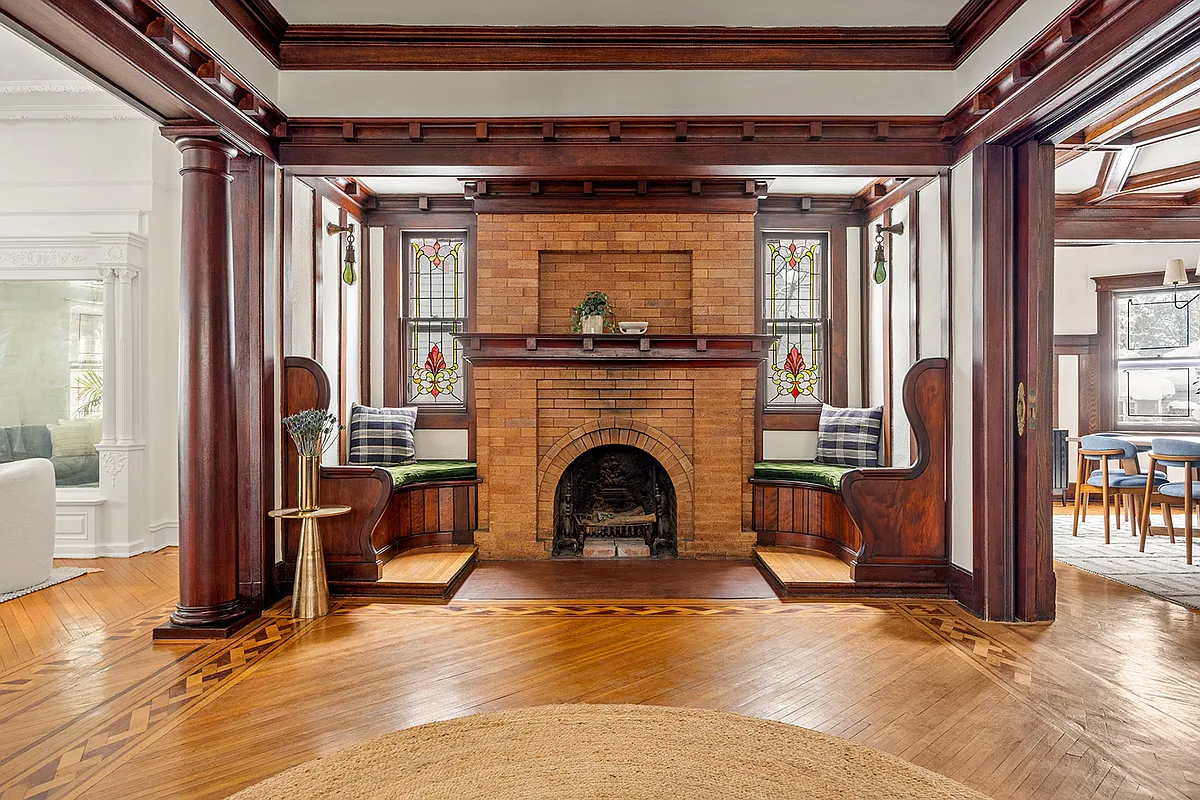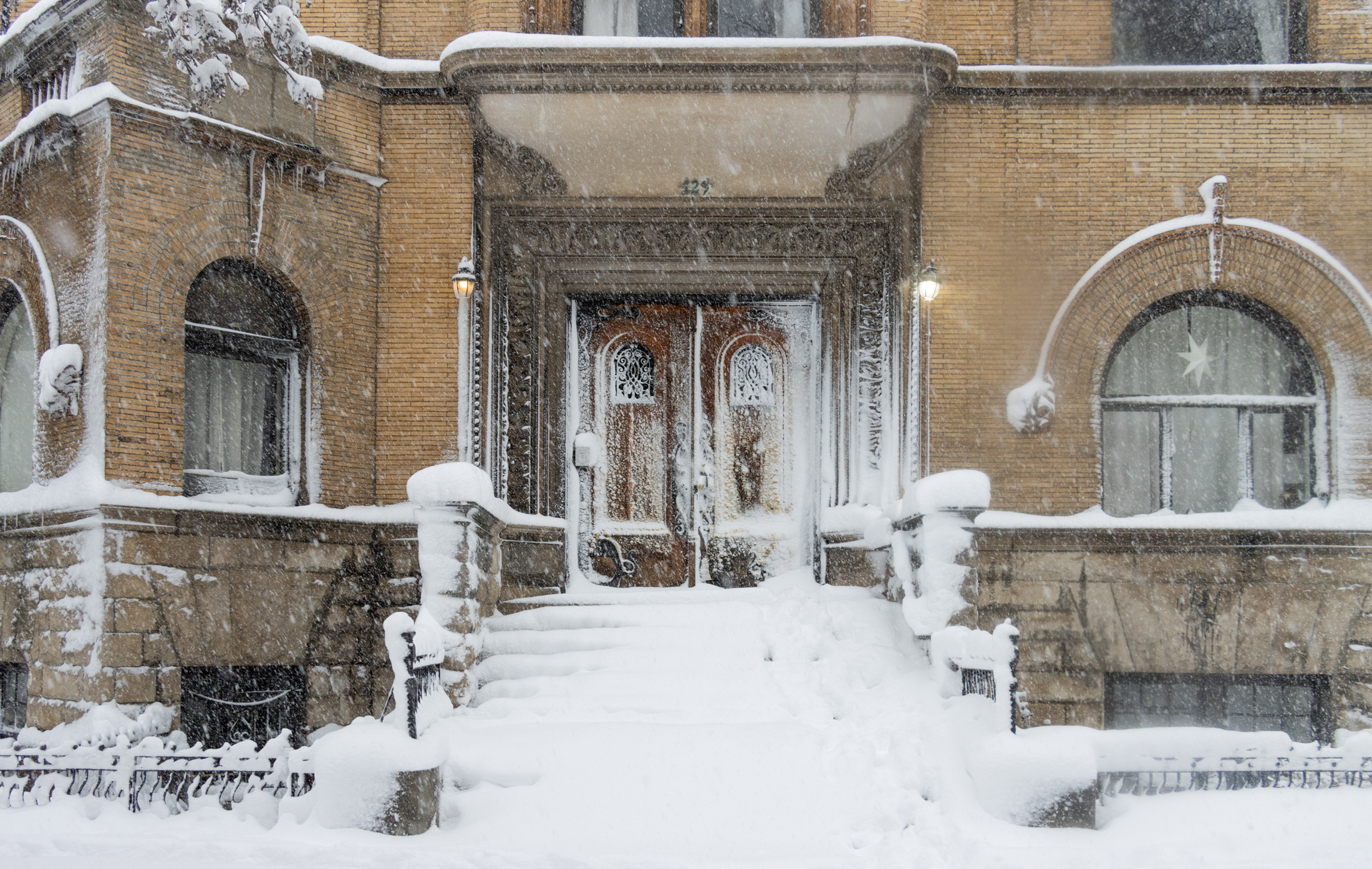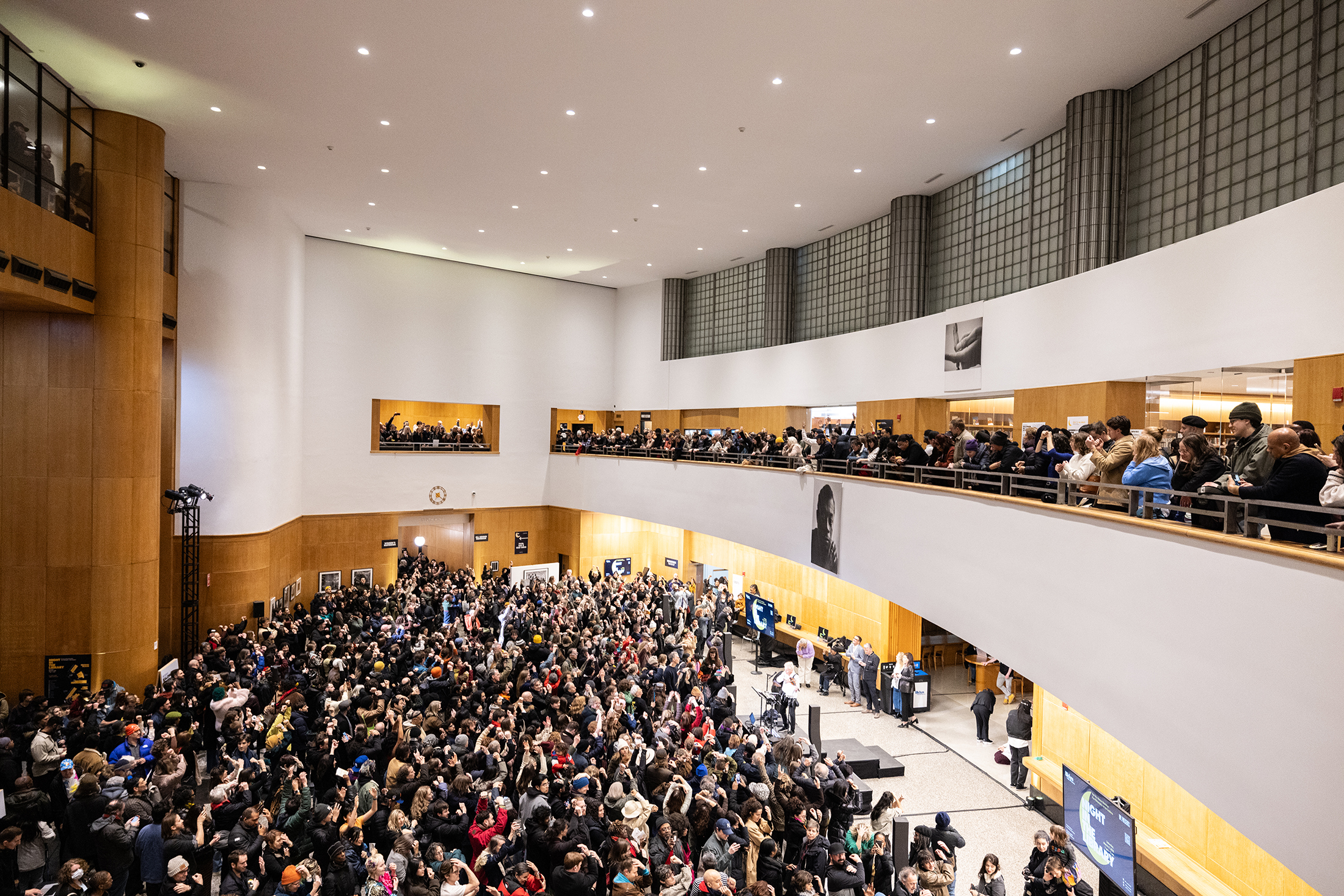Should Landlord Subsidize Tenants' Good Life?
A familiar story with the same violins playing in the background: A group of pioneering artists with under-market rents fighting the evil landlord who wants to maximize the profitability of his property. In this case, it’s a particularly colorful gang of circus performers and nonprofit publishers, many of whom will have to leave New York…
A familiar story with the same violins playing in the background: A group of pioneering artists with under-market rents fighting the evil landlord who wants to maximize the profitability of his property. In this case, it’s a particularly colorful gang of circus performers and nonprofit publishers, many of whom will have to leave New York if they lose the court battle over whether they are protected by rent stabilization laws. As big a bummer as it is for them (and arguably for the fabric of the neighborhood), we can’t see why the landlord should have to subsidize these folks any longer. No one forced them to move here twenty years ago–they did so because it was the best deal they could find at the time. It’ll be interesting to see what the judge says.
The Good Life on South 11th Street [NY Times] GMAP P*Shark
Photo by justiNYC





Anon 5:02pm,
I’m an advocate for affordable housing for all stuggling ny’ers. Not simply artists. Re: fiscally irresponsible. That is a real grown-up term. Who has time for art or passion after a gruelling 9-8pm stint in corporate America? Would you apply that term to Basquiat, Warhol, Lichtenstein and so many other 20th century ‘greats’ that we now revere. I doubt that any of them held a true 9-5 corporate job.
Without affordable housing we will witness the death of bohemia and organic, unfettered creativity as the wealthy supplant all the struggling ny’ers.
I can’t claim to have the solution, I just know that affordable housing, whether its in the form of rent-stabilized apartments or ‘low-cost’ condos, or some other variant, has to be part of the solution.
What exactly do you do with 60000 books anyway? Look at 1 a day for 164 years?
The funny part of this thread is that the couple profiled in the article are NOT ARTISTS – he is a publisher and she is an “archivist” (which I think is a fancy word for book collector). So what we have here is 2 people who on the surface (60,000 books, expensive art etc…) appear to have the means to afford quality housing but expect the new owners to keep subsidizing them simply b/c they were there 1st. And what I find particularly galling is that they have been withholding ALL RENT for about a year, for what appears to be absolutly no good reason.
I have the somewhat unique perspective of being a LL, being a patron of the arts (I sit on the Board of an arts institution), and having once been evicted from an artist loft space.
I truly believe that artists are special. That is why I devote time and money to the arts. And I was very sad to be part of an arts effort that was evicted from a loft when our rent tripled. But, I would never accord artists some special property rights or privilege or right above and beyond all manner of other people that make this city special. That would be sheer arrogance.
Ultimately, the LL had a right to raise the rent and evict us. We were not in any position to buy the building, though we certainly gave it an effort. So, it got sold out from under us. Hard feelings, yes, but not resentment. And as a LL, I don’t rent for charity, I rent for money and I charge what is reasonable for the market.
The problem with the arts is that they only organize when there is a crisis, and by then it is often too late. Forward planning, especially when it comes to space, is not very common. That has got to change in order for the arts to survive in NYC.
Question: is there a difference between “being poor/not earning a lot of money” and “being fiscally irresponsible”?
The posters above have made many good points — are artists (dancers? actors?) somehow different from “poor people with normal/boring jobs”?
How can an adult in today’s NYC rent an apartment for 20-odd years, watch the real estate market and his/her neighborhood change, and not have a plan for his/her living space?
Its funny, artists can be fiscally irresponsible and that’s ok, according to some posters here. What’s the standard for regular poor folks? I have a crappy low-paying job too, and I’d like to live in a loft.
I thought artists were supposed to be visionary. They should have had the foresight to buy cheap while it was still possible (not THAT long ago). I can’t get up much sympathy for them.
anon 4:24:
I’m sorry, this story is not about “artists’ as a group being able to stay in NYC. That’s melodrama. It’s about a set of artists who have become comfortable over 20 years in a neighborhood that has become bourgeois and want to stay there now that it’s becoming desirable, yuppie and expensive. If they’re too tired of the whole city-struggle-pioneer-among-the-rats business and want to leave, who can blame them? Maybe they can join the many artists who are surviving just fine upstate, or in Philly, or elsewhere in the country. But for all the hyperbole on this thread, they will be replaced, in other crappy, cheap neighborhoods that NYC still does not lack.
anon 4:37:
I don’t think artists have to apologize for their choices at all, unless “apologize” = “not demand a housing subsidy for.”
I have a penchant for all things granola crunchy. An that couple in the article seem to epitomize it. From the way they dress and stand.
All I can say to the artists is that they need to buy next time, even if it means partnering with colleagues. Because, the next time that your doctor, lawyer and stock-broker friend comes by and say that they like what you’ve done to your place and they get a tour of the neighborhood through your eyes and, they decide to move to your new nabe, they will have to pay you top dollar to move in. Some call you parasitic and they fail to see the value that you add to their life; so the next time they gentrify your hard-won nabe, make sure that they know that they’re buying from an artist who helped, along with the pioneering doctors, lawyers, teachers, etc, to make the hip nabe ever so desirable.
“Art is part of the bedrock of civilization. Without it, a society stagnates. Re: the poster whose wife works as an illustrator. How many jobs are there like these are out there.”
The point is that if she couldn’t make a living as an artist she would work at something else yet still produce art. I appreciate art as much as anyone else but this whole the only way to be an artist is not to have a 9-5 job is just silly. Plenty of people work at all kinds of things so that they can do something that they love or feel is their true calling in life on the side. And if art is your true calling does it really matter where you live to produce it? Or is it just the hipness-nyc-art-scene cliche that is really important to you. If Manhattan and Brooklyn are turning into a boring urban mall why would an artist want to live here anyway?